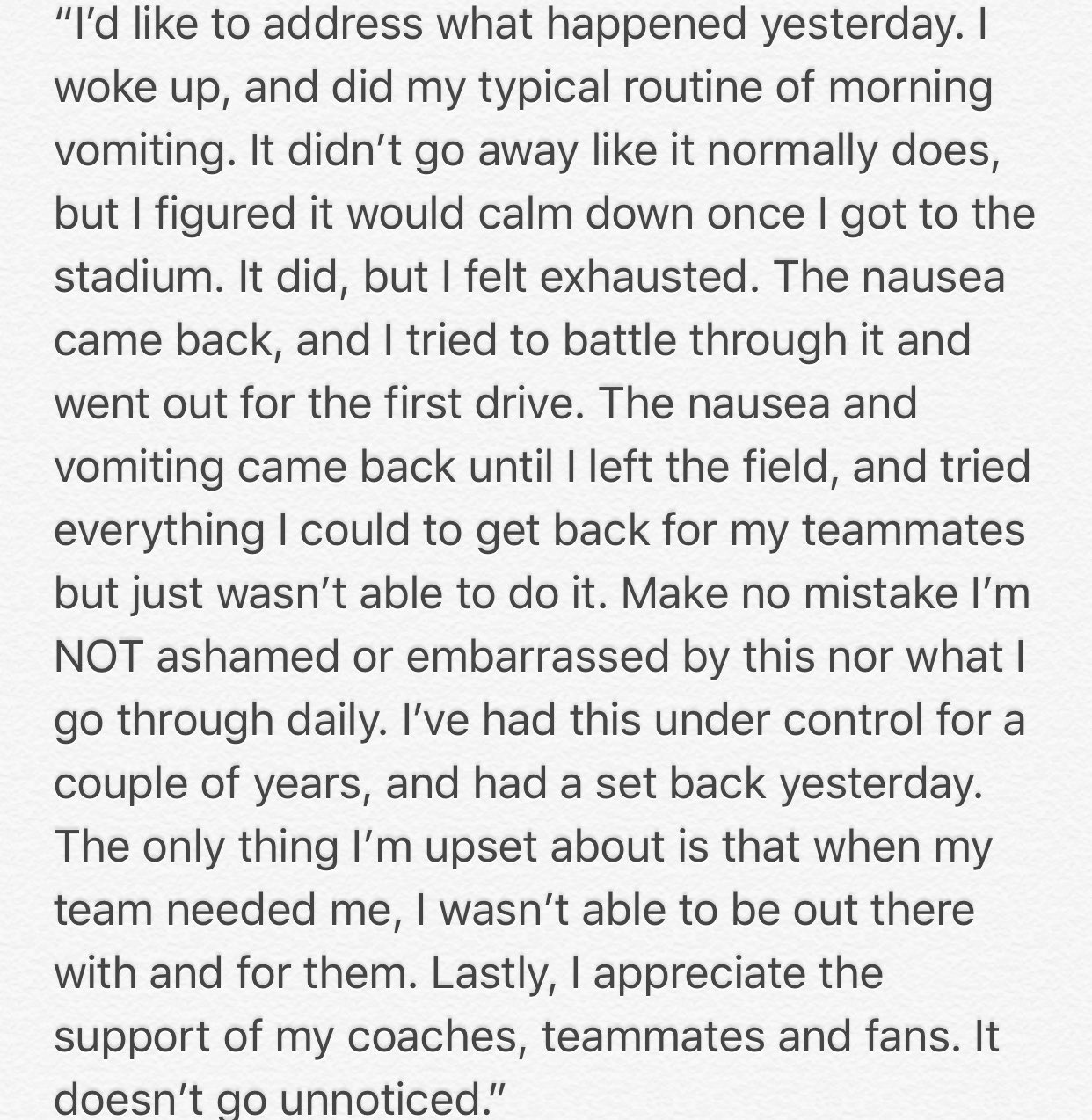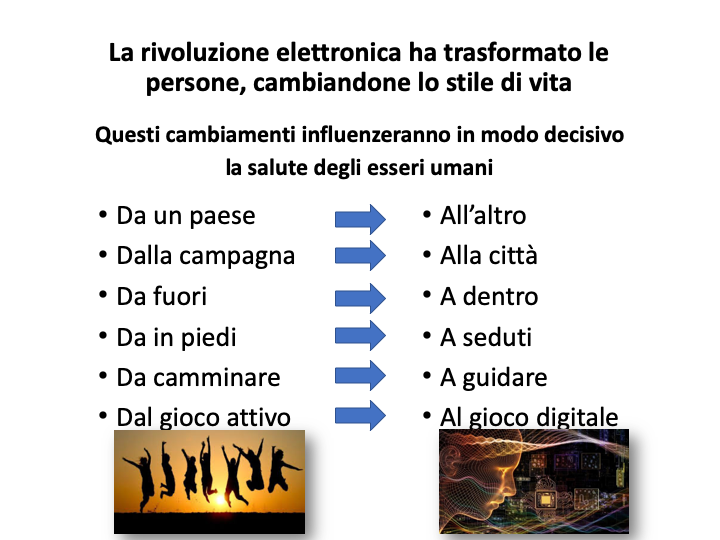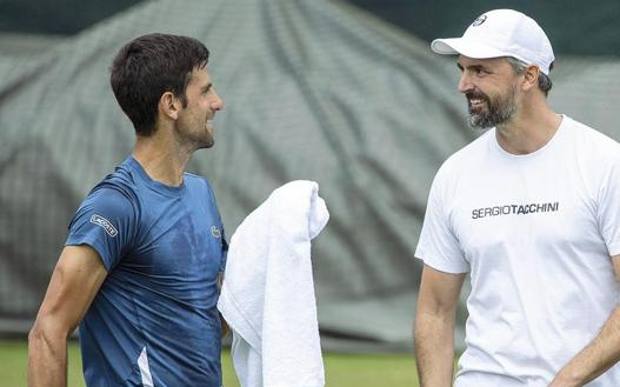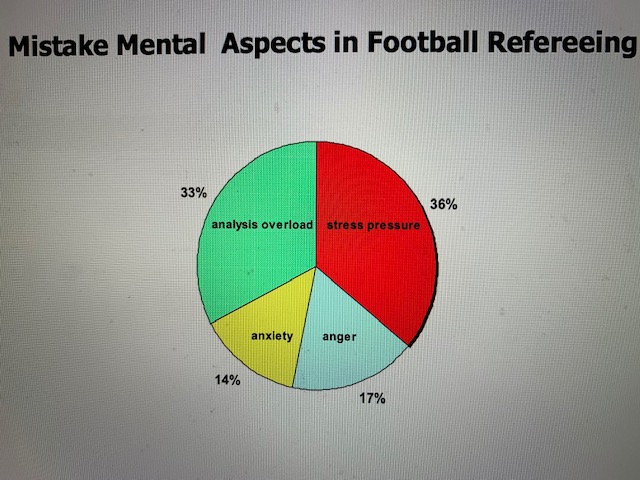Many people think that being a champion implies the ability to live one’s life and success in a balanced way and that it cannot happen that it is precisely this success will determine psychological problems, such as those reported by Brandon Brooks, NFL player, after signing the contract that anyone would have liked to have. He was obviously insulted by the lions of the keyboard. His difficulty is instead an expression of how stress can affect any kind of person and that the awareness of this condition is decisive to be able to control it and get out of it. It is also a testimony that will serve those who do not have the courage to talk about it and get help. We are all subject to perish under the stress of our life, unless we act to improve our self-control and develop those psychological and social skills we need to not fall under this terrible threat.











